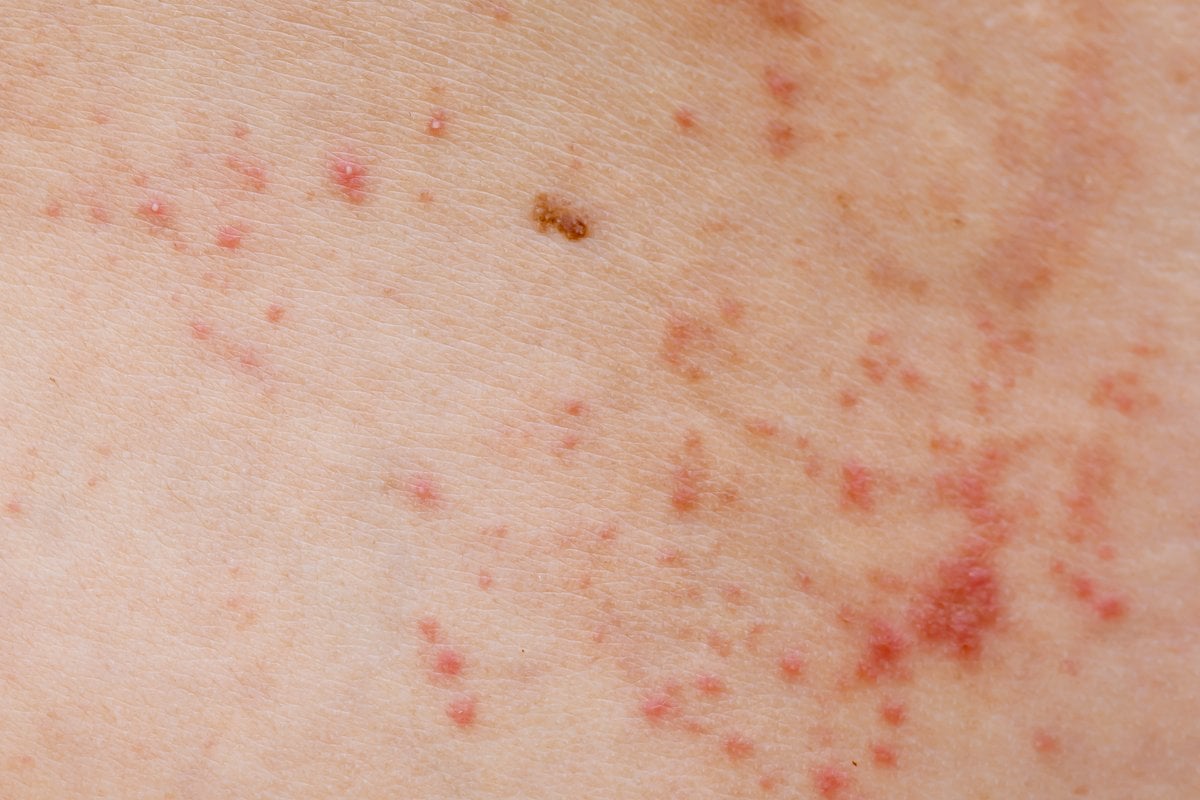
When it comes to skincare, these days we're all a bunch of savvy little rats who know all about ingredients, products and how to create a solid regimen. And if you're anything like us, your bathroom cabinet is *bursting* with products.
But here's the thing: Sometimes your self-prescribed skincare routine doesn't cut it. And sometimes your skin freaks out. Bad. And you can't do anything to help it. No matter how many serums and masks you try to slap on to repair it. Or how many frantic Google searches you do.
This, friends, is when you should see a dermatologist.
Cause dermatologists aren't just there to check your moles, you know.
Watch: Just on that - how can you tell if a mole is actually dangerous? Post continues below.
Sure, you might be able to manage things like acne, rosacea, psoriasis and the crew - but sometimes you need more than over-the-counter stuff.
So, if you're wondering when you need to see a dermatologist, we've got you covered.
We asked Dr Cara McDonald from Complete Skin Specialists to take us through the different reasons you might want to consider making an appointment.
Your skin feels irritated and sensitive.
If your face is itching, stinging or burning and you can't quite nail down what's going on, it's probably time to see a professional - because this is a sign you have symptomatic skin.
